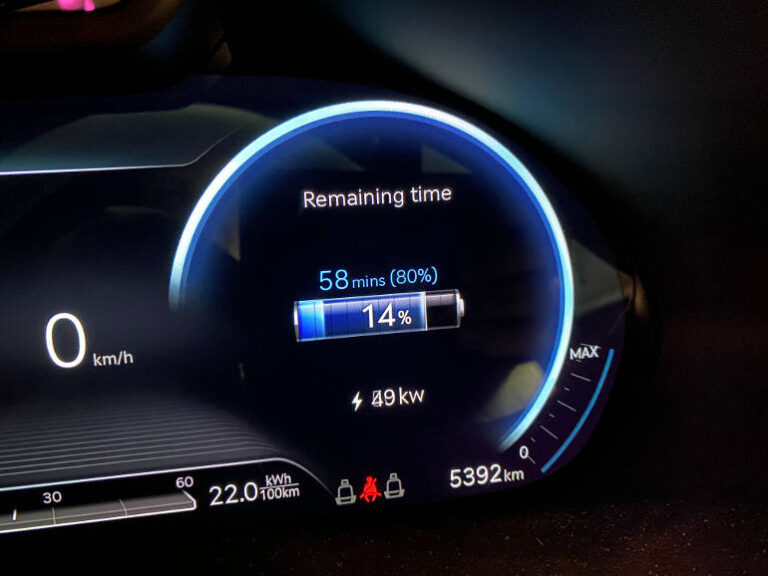Fleet buyers and procurement managers weighing the switch to electric vehicles (EVs) can take confidence from new data confirming the durability and longevity of EV batteries. According to the latest Pickles Quarterly Automotive Report, used EVs in Australia are demonstrating strong battery health, even after several years and significant mileage.
The report reveals that the average battery health across tested used EVs exceeds 90%, even for vehicles with over 120,000 kilometres on the odometer. This finding is supported by comprehensive testing through the Pickles EV Battery Health Assurance Process, which has examined over 250 vehicles across major Australian cities.
“These results provide some of the first insights available in the Australian market are in relation to used EV battery health,” says Fraser Ronald, Chief Commercial Officer at Pickles. The data challenges ongoing perceptions that EV batteries degrade rapidly, with early findings indicating that four-year-old EVs average at least 93% battery health.
Certain brands are outperforming expectations. Hyundai EVs tested showed an impressive 99.31% battery health, while BYD models closely followed with 98.62%, both surpassing Tesla’s long-standing benchmark.
For fleet buyers concerned about whole-of-life costs and residual value, these results should offer reassurance. Brendan Green, General Manager of Automotive Solutions at Pickles, added: “We’re giving buyers the confidence they need to embrace electrification without hesitation.”
The used EV market is growing rapidly. Pickles reported a surge in used EV sales, up 190% in 2024 compared to the previous year, with 120 EVs sold in the fourth quarter alone. In total, Pickles sold a record-breaking 334 EVs in 2024, compared to just 115 in 2023.
This growth is being fuelled by a combination of factors, including a greater variety of models, more competitive pricing, and increased supply linked to the Fringe Benefits Tax (FBT) exemption. “Private buyers are leading the charge, with 51% of EVs sold at Pickles going to individual customers, compared to just 24% for petrol and diesel vehicles,” added Ronald.
For fleet managers planning future procurement, it is also worth noting the upcoming changes to emissions regulations. The Federal Government’s New Vehicle Efficiency Standards (NVES), due to commence in 2025, are expected to reshape Australia’s automotive market. Pickles is monitoring these developments closely, anticipating shifts in demand, particularly for light commercial vehicles, which make up 22% of the new car market.
The findings from the Pickles report demonstrate that battery health should no longer be a major concern for organisations considering used EVs. Battery longevity has implications not just for purchase price and running costs, but also for long-term fleet sustainability goals.
Fleet buyers are encouraged to leverage the Pickles EV Battery Health Assurance Process as part of their due diligence. The testing methodology and transparent reporting offer valuable insights and help remove uncertainty from the used EV procurement process.
To view the full report or for more information, visit the Pickles website.
As the data continues to evolve and the used EV market expands, fleet professionals should remain informed about battery performance trends to support smarter purchasing decisions and longer fleet lifecycles.






